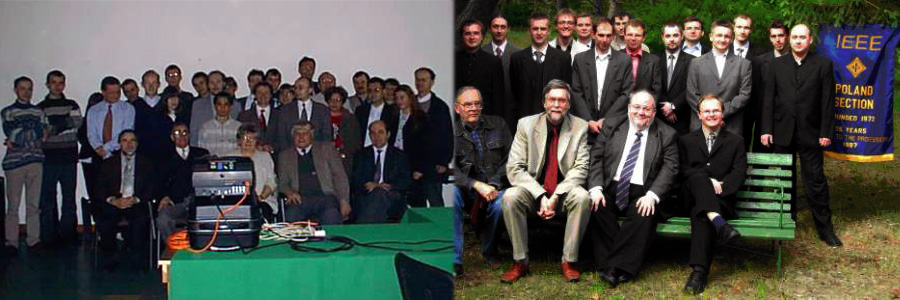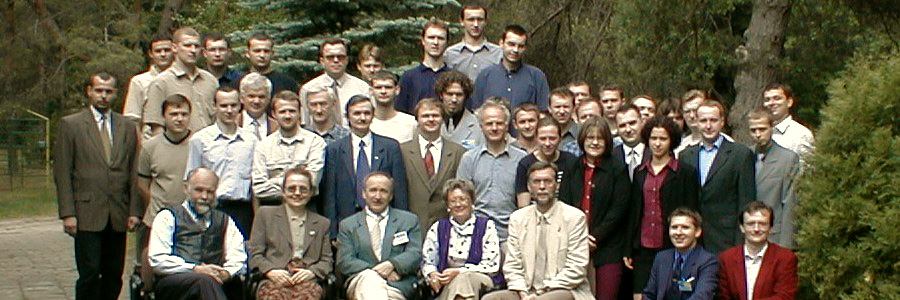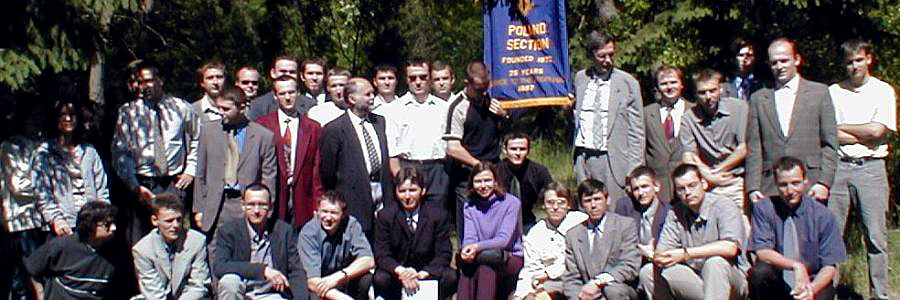











An algorithm for a lossless compression of raw radar data
Abstract:
This paper presents a novel algorithm designed and optimized for a lossless, real-time compression of raw data in pulse radar system. Characteristics of radar data are described together with compression methods exploiting them. Compression ratios of presented algorithm are measured for multiple data sets recorded by different types of radar and in different working conditions. The results are compared with compression ratios of conventional compression algorithms and with the theoretical limits determined by the Shannon entropy.
Introduction:
A compression of the radar signal is sometimes used to reduce a very large stream of samples (up to 1 Gbit/s) received by the signal processing block. This process may be necessary, because the raw stream of data may exceed the bandwidth of a data link (typically limited by a rotary joint). An additional advantage of using the data compression is a facilitation of recording the data. In order to archive a complete data set, the compressed stream needs to be less than a transfer rate of a mass storage device utilized. Moreover, the compressed stream of data enables the user to record signals for a longer time until complete filling up a disk space. These signals are very useful during the development of a radar, because they can serve as example data for testing and tuning detection and estimation algorithms.
Because flying objects with a very low radar cross section reflect very weak echos, the applied compression algorithm is required to be lossless. A level of weak, useful signals may be below a receiver's noise level, and much lower than level of a ground or weather clutter. A lossy compression could deteriorate useful signal and make a detection impossible.
Author: Bartosz Pikacz









